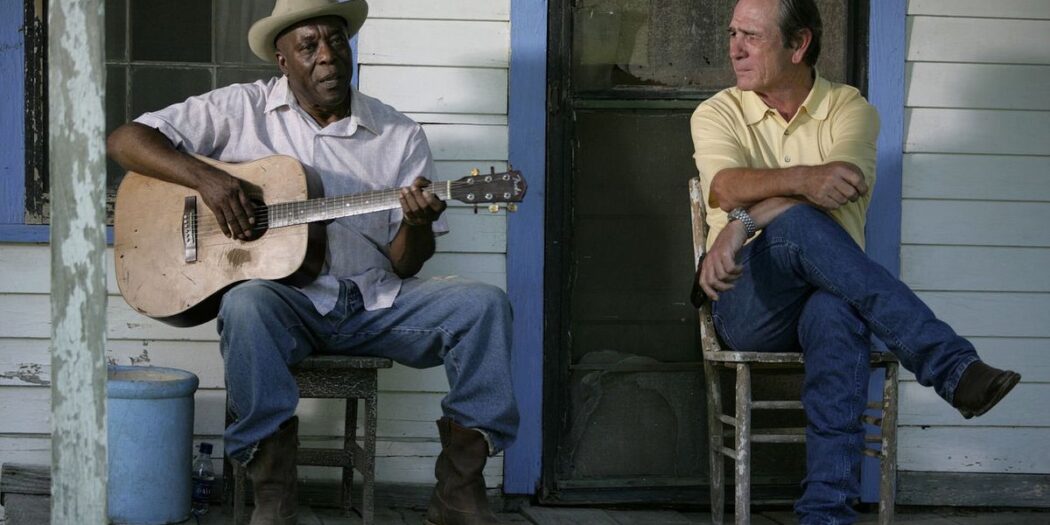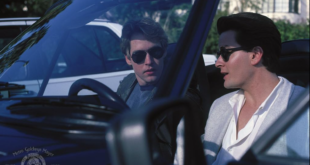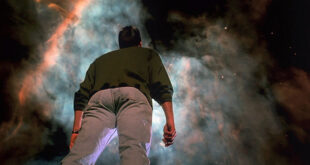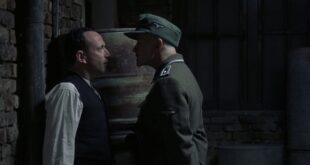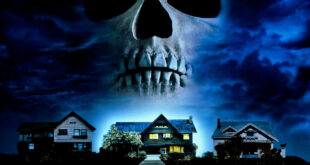Bertrand Tavernier’s In The Electric Mist takes a well-worn formula (small-town Southern cop story) and adds some added weight and levity. Think of it as a John Grisham movie without lawyers and with a pulse. The film is based on the novel In the Electric Mist with Confederate Dead by James Lee Burke and stars Tommy Lee Jones as Dave Robicheaux, a detective in New Iberia, Louisiana. The film follows Robicheaux as he investigates a series of murders that have taken place in the area and navigates the political and racial tensions that exist in the Louisiana Bayou. It’s a sequel to the 1996 film Heaven’s Prisoners starring Alec Baldwin as a younger Robicheaux. I have not seen that film, but In The Electric Mist is an excellent, calm southern gothic mystery, with the expert direction of veteran filmmaker Tavernier.
The film opens with Robicheaux being awakened in the middle of the night by a phone call informing him of a body found in the swamp near New Iberia. Robicheaux is called in to investigate and quickly realizes that the murder is connected to a series of other killings that have taken place in the area. As Robicheaux delves deeper into the investigation, he uncovers a web of corruption and deceit that involves a local movie production, the Bayou Mafia, and the Ku Klux Klan. He finds a web of corruption and deceit involving a Hollywood film crew shooting a Civil War film in the area and a wealthy businessman who may be interested in the killing. Meanwhile, Robicheaux is haunted by visions of a Confederate general, who he believes may hold the key to solving the case.
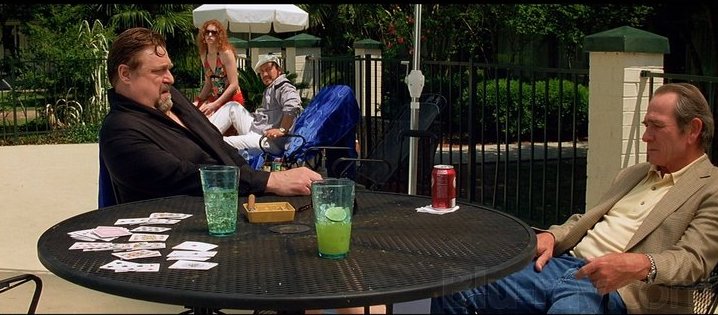
One of the strengths of In the Electric Mist is its atmospheric setting. The Louisiana Bayou is depicted as a haunting and mysterious place, full of shadows and mist, that effectively sets the mood for the film. The cinematography and production design are top-notch, and the film captures the unique and atmospheric beauty of the Louisiana swamp. Another film highlight is Tommy Lee Jones’s performance as Dave Robicheaux. Jones is one of his generation’s most talented and versatile actors, bringing tremendous depth and nuance to his portrayal of the hard-boiled detective. Robicheaux is a complex character, and Jones does an excellent job of portraying his vulnerability and inner turmoil as he navigates the political and racial tensions of the Louisiana Bayou. Jones brings that world-weariness he always brings to his performances. He’s an actor that doesn’t have to say a thing; look at his face.
The rest of the cast is excellent as well. John Goodman plays the heavy which is always fun. He plays Julie ‘Baby Feet’ Balboni, a local mobster who is also a producer on the film shooting in town. He brings a sense of gravitas and depth to his character, who is both charming and intimidating. Goodman’s ability to subtly and nuancedly convey the character’s motives and emotions has been particularly noted. Also, one of the film’s highlights is Peter Sarsgaard’s performance as movie star Elrod Sykes (in town shooting a Civil War picture), who has some troubles beneath his star exterior. He’s an alcoholic like Robicheaux but actively drinks and makes impulsive, dangerous decisions. Sarsgaard’s portrayal of Sykes is nuanced and multifaceted, as he captures the character’s charm, ambition, and darker impulses. Sykes is a man who is both charismatic and calculating, and Sarsgaard does an excellent job of conveying this complexity. Rounding out the cast is the talented Kelly Macdonald, who plays Sarsgaard’s girlfriend, Mary Steenburgen as Robicheaux’s wife, and Ned Beatty as another heavy Twinky LeMoyne, the always reliable Pruitt Taylor Vince as Jones’s partner, and James Gammon in one of his final film roles.
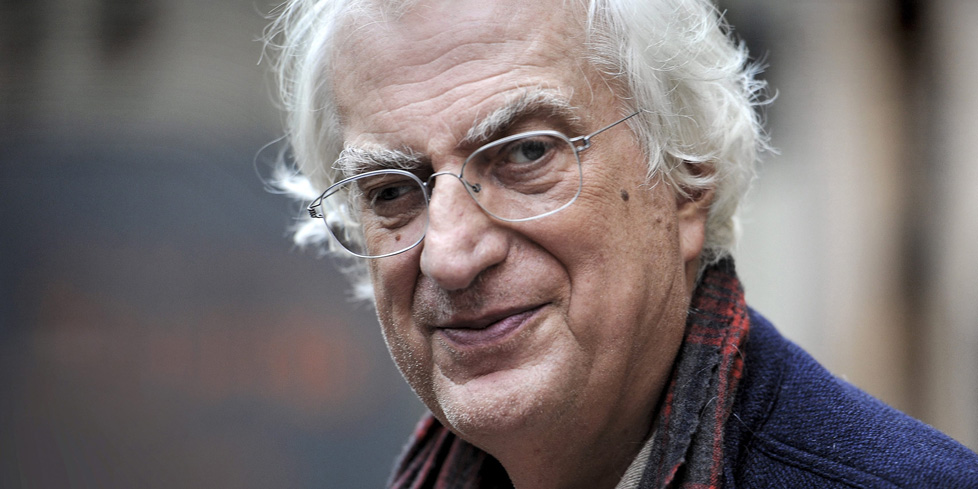
As mentioned, the film is directed by veteran French filmmaker Bertrand Tavernier. He is known for often dealing with social and political issues and for his love of jazz music. I’ve been a fan of Tavernier’s work over the years, I was first exposed to his most famous film ‘Round Midnight (1986), in college, and I was won over by the focus on characters and pacing that took its time rather than rushed things. The same could be said about In The Electric Mist. Tavernier has been a central figure in French cinema for several decades, and his films have been praised for their thought-provoking themes, well-crafted storytelling, and visually stunning cinematography.
You probably haven’t heard of In The Electric Mist because back in 2009, it was unceremoniously released straight to DVD after a troubled production and release. There are two versions of this picture, the European version shown at the Berlin Film Festival, clocking in at 112 minutes, and the American straight-to-DVD version clocking in at 102 minutes. This results from a dispute between Tavernier and producer Michael Fitzgerald over run time and the final cut. As a consequence, the two versions were released separately. I’m reviewing the 102-minute American version, which I like very much, but I hear that the European version features interesting differences. I hear the European version asks audiences to use their imagination more, which, as you know, I’m always a fan of. Still, the American version is good enough. It’s a shame, though, because I have never seen Tavernier’s full vision of this project. I feel like I’ll never get the opportunity to see his full vision.
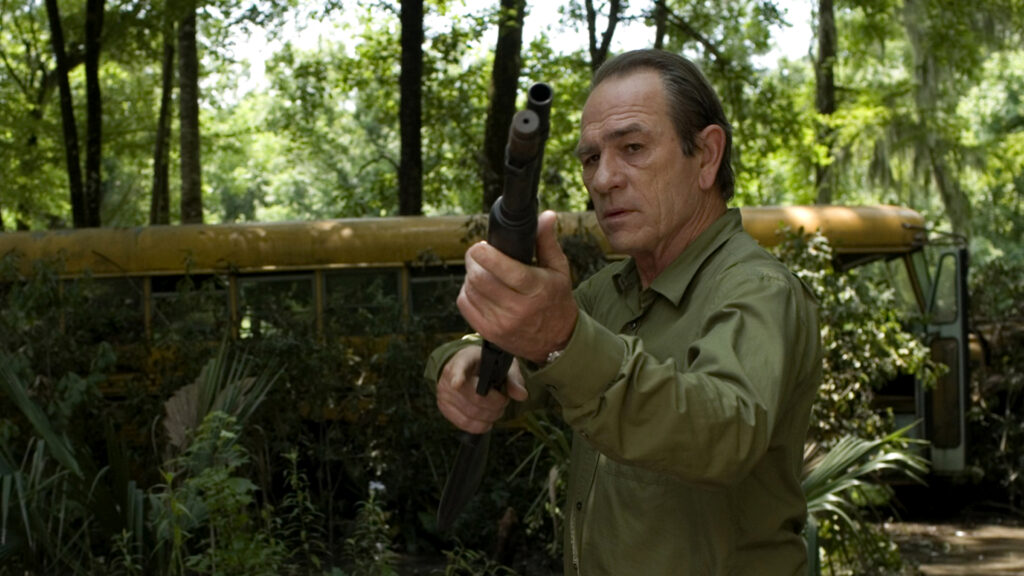
Despite its flaws, In the Electric Mist is a rewarding journey that hypnotically brings you into this world with Marco Beltrami’s brooding score. For those interested in history and murder mysteries, this is an interesting hybrid of that. It’s a film with a split personality that wants to be a genre film but also has something interesting to say. There have been many films that have dealt with alcoholism as well, but In The Electric Mist does so seriously, and it feels like it adds to the weight of the story of these characters rather than feeling like an excuse to make characters flawed. It’s a strange and nightmarish film, worth taking the journey. It’s a film about the past and dealing with our demons and moving forward.
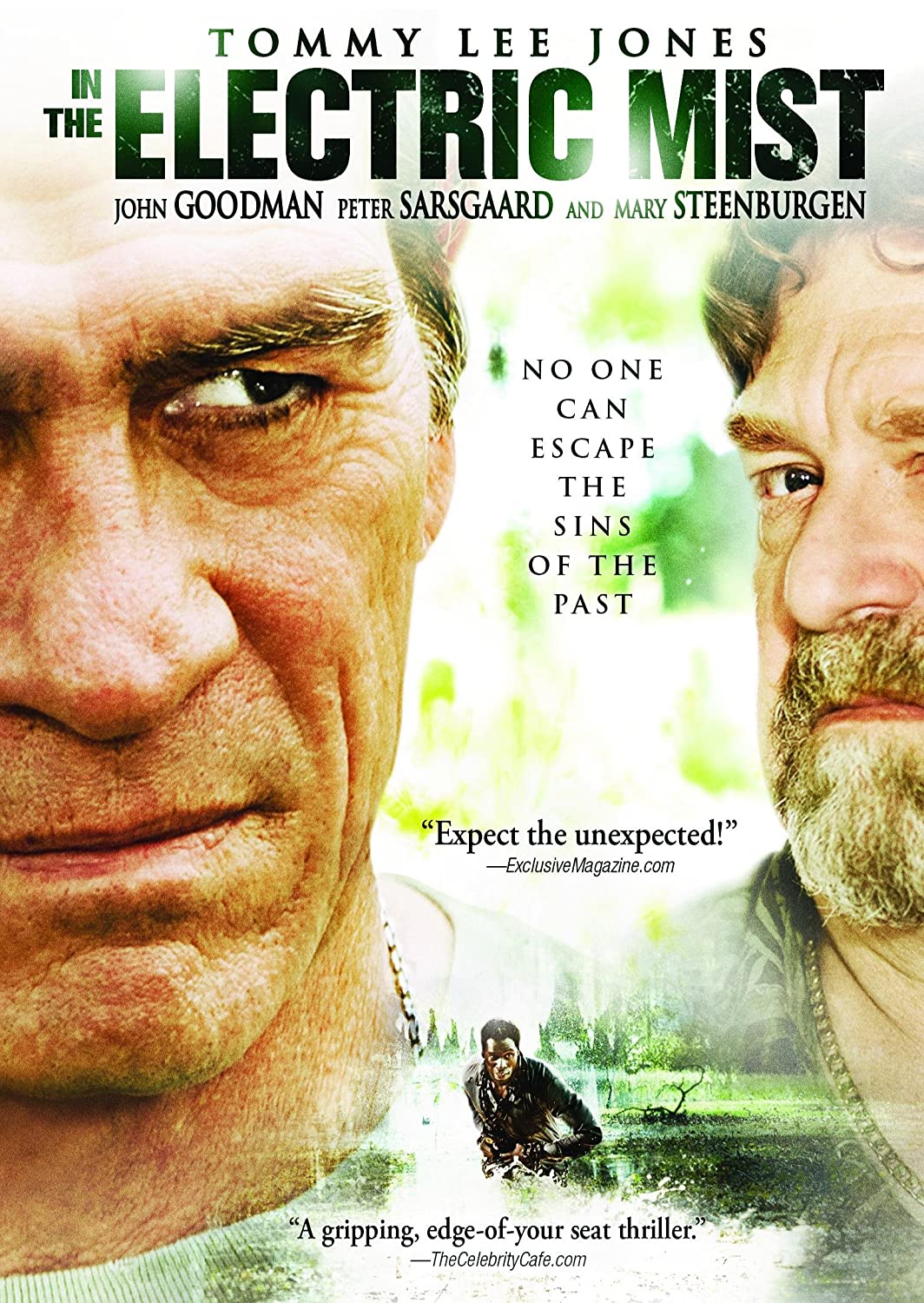
 Movie Finatics The Place for Movie Lovers
Movie Finatics The Place for Movie Lovers
